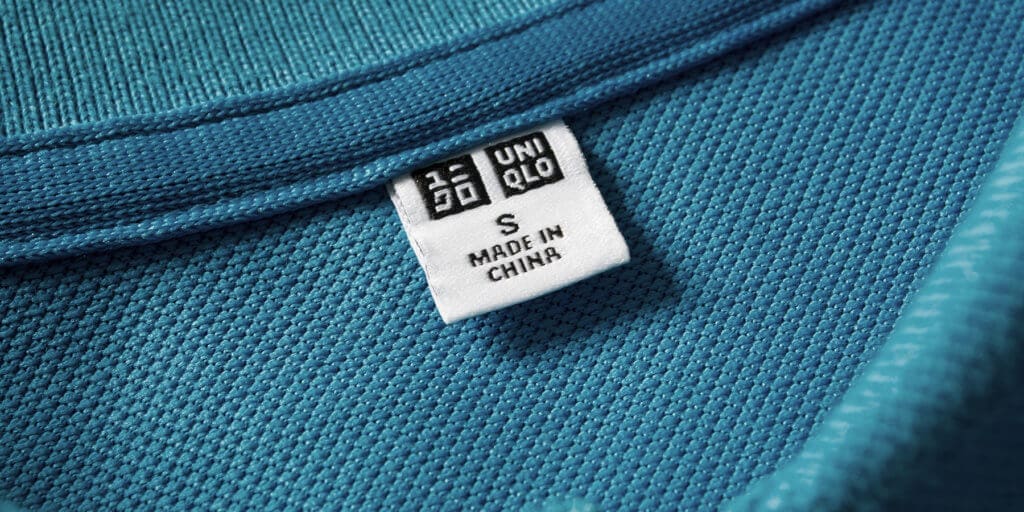In an Interview with Third Bridge Forum, the specialist said Shenzhou International focuses on knitted sportswear and leisurewear including T-shirts, polo shirts, pullovers, hoodies and trousers. However, we heard it rarely produces other categories of apparel like zipper jackets and coats.
The specialist told us that Shenzhou International has greater pricing power due to its ability to leverage its whole industry chain and does not outsource production. It also has a quick response time due to accurate production planning and delivering client orders using air freight.
The specialist said upon delivery of yarn, the company can start to deliver garments in 15 days, which can be shortened to five days if needed. Shenzhou International can deploy up to 20 teams to an assignment, which enables it to fulfil orders quickly. The manufacturers’ inventory reduction is “reasonable”, according to the specialist, with leftover inventory under 1%.
Meanwhile, we heard that Uniqlo is Shenzhou International’s largest customer, overtaking Decathlon which was dropped in 2008. They said Uniqlo is characterised by large orders and demand scale, with higher requirements than other leisurewear brands. Uniqlo’s procurement prices are 3-8% times higher than those offered by H&M and Muji, but are lower than those of sportswear brands, including Adidas and Nike, according to the specialist.
We heard that Shenzhou International’s focus on apparel production has caused it to shrink its client list in recent years. They said this is so the company can better coordinate production and development. Rather than splitting 10,000 products across 50 orders, the specialist said Shenzhou International prefers to split it across 10-20 orders.
In regards to new technology, the specialist said AI or BI (business intelligence) can be used for analysing production capacity of certain products like round-collar or square-collar leisurewear. However, they said when it comes to the status of an order or predicted completion time, employees are more suitable.
Click here to access all the human insights in Third Bridge Forum’s “Shenzhou International – production model and competitive advantages” Interview.
The information used in compiling this document has been obtained by Third Bridge from experts participating in Forum Interviews. Third Bridge does not warrant the accuracy of the information and has not independently verified it. It should not be regarded as a trade recommendation or form the basis of any investment decision.
For any enquiries, please contact sales@thirdbridge.com



